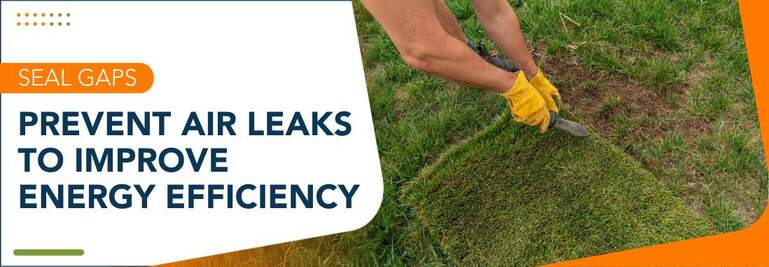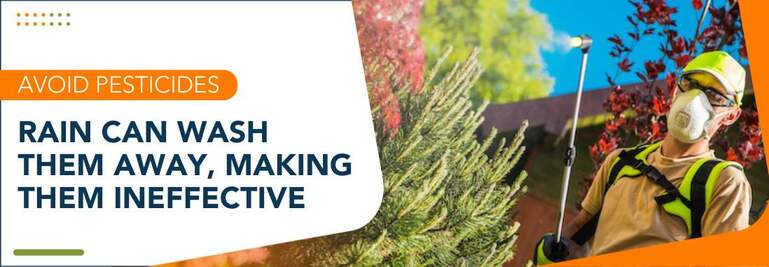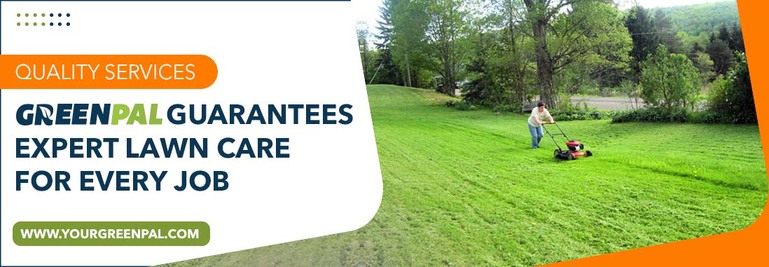Is it Possible to Make Your Home Green?

Yes, it is entirely possible to make your home green. By adopting simple sustainable practices like collecting rainwater and using renewable energy sources, you can reduce your environmental impact and promote a healthier living space.
Here are 8 effective tips to green your home today:
Tip #1- Collect Runoff Rain
Amid serious droughts throughout the U.S., and other parts of the world. Rainwater collection can be crucial!
Get this! Collecting rainwater will allow you to save on water use as well as provide a clean source of water for; plants, washing dishes, doing laundry and more.
However, keep in mind your state’s rules and regulations. Some states require a permit to collect runoff rain/water.
Also, consider attaching an outdoor hose shut-off valve.
If 10 percent of Americans did this, 128,000 more bathtubs could be filled every single day.
Water conservation is a very important part of keeping a green home.
Bonus Tip! Another way to conserve water is installing a drought-resistant garden.
Tip #2- Use Renewable Energy Sources
It’s true, nowadays renewable energy is cheaper than ever!
There are so many options now, think:
Solar panels,
Wind electric systems,
Hybrid (solar and wind) systems,
Geothermal.
Literally, no matter where you live...
Renewable energy sources are a great way to green your home and save money.

Tip #3- Seal Gaps
Look, if you’re living up north, you probably know the importance of sealing gaps that allow cold drafts in.
However, did you know that failing to seal these gaps during summertime can cause your air conditioner to work harder too?
Take the time to seal the gaps around your home!
Additionally, consider installing new windows if yours are outdated. Old windows not only tend to be drafty, but the window panels themselves often don’t distribute energy well.
Which brings use to the next tip!
Tip #4- Install Low-Emittance (Low-E) Coated Windows
Here’s the deal, if you can’t afford to replace all your windows, there is a cheaper option!
Using low-emittance film on your windows can improve the solar and thermal performance of your home.
Additionally, the low-e coating can help minimize the amount of ultraviolet and infrared light that passes through your windows.
All without compromising the amount of visible light transmitted.
Tip #5- Paint Brushes Should be Washed in the Sink
Truly, it can seem easy to use the hose to wash your used paint brushes.
However, the chemicals in the paint are then washed into the soil in your yard and may even contaminate the water table!
If possible, consider rinsing your used paint brushes in the sink with runoff water you collected.
Tip #6- Dispose of Paint Cans Properly
Dispose of paint cans via the hazardous waste collection program.
Get this, some companies, such as Habitat for Humanity and PaintCare, also accept leftover paint in order to recycle it.
If you’re searching for a hazardous waste drop-off facility, try earth911.com.
Tip #7- Avoid Pesticides, Especially During the Rainy Season
Do not spray pesticides before predicted rainfall.
This can actually just cause the pesticide to wash away and not work properly.
As a result, if the pesticides are not working, you might be more inclined to use even more pesticides.
Did you know?
The average homeowner uses 10 TIMES more pesticides per acre of lawn than a farmer does or an acre of crops!
If you don’t want it in your food, why would you want it on your front lawn?
Also, consider eco-friendly lawn treatments.

Tip #8- Don’t Wash Grass Clippings into Drains
Grass clippings should be properly disposed of!
Look, this may not seem that important. But clippings can form blockages in the storm drains or flow down to natural resources, like rivers, creeks and lakes.
Additionally, grass clippings can contain nutrients like nitrogen and phosphorous, which can cause unwanted, and uncontrolled, growth of algae and aquatic weeds.
TLDR: Green Home Tips
Tip Number |
Action |
Benefit |
|---|---|---|
1 |
Collect Runoff Rain |
Save water and reduce bills; check local laws. |
2 |
Use Renewable Energy |
Install solar or wind systems to cut costs and environmental impact. |
3 |
Seal Gaps |
Improve energy efficiency by sealing drafts. |
4 |
Apply Low-E Coating to Windows |
Reduces energy loss without replacing windows. |
5 |
Wash Paint Brushes in Sink |
Avoid soil and water contamination. |
6 |
Dispose of Paint Cans Properly |
Use recycling services to handle hazardous waste. |
7 |
Avoid Pesticides Before Rain |
Prevent runoff and use eco-friendly alternatives. |
8 |
Properly Dispose of Grass Clippings |
Prevents blockages and protects waterways. |
The Bottom Line on Creating a Green Living Space
Having a green home may take some extra steps, but it is well worth it!
Simply taking these steps into consideration can lessen your impact on the environment, and more importantly keep you, your children and your pets healthier.
Ready to make your home more sustainable? Start with these simple tips today!
And, if you need help handling your lawn care, hire one of the pros at GreenPal!



 Share
Share







